12 Things You Should Never Buy in Bulk
Repeat after me: Bigger isn’t always better.


Profit and prosper with the best of Kiplinger's advice on investing, taxes, retirement, personal finance and much more. Delivered daily. Enter your email in the box and click Sign Me Up.
You are now subscribed
Your newsletter sign-up was successful
Want to add more newsletters?

Delivered daily
Kiplinger Today
Profit and prosper with the best of Kiplinger's advice on investing, taxes, retirement, personal finance and much more delivered daily. Smart money moves start here.

Sent five days a week
Kiplinger A Step Ahead
Get practical help to make better financial decisions in your everyday life, from spending to savings on top deals.

Delivered daily
Kiplinger Closing Bell
Get today's biggest financial and investing headlines delivered to your inbox every day the U.S. stock market is open.

Sent twice a week
Kiplinger Adviser Intel
Financial pros across the country share best practices and fresh tactics to preserve and grow your wealth.

Delivered weekly
Kiplinger Tax Tips
Trim your federal and state tax bills with practical tax-planning and tax-cutting strategies.

Sent twice a week
Kiplinger Retirement Tips
Your twice-a-week guide to planning and enjoying a financially secure and richly rewarding retirement

Sent bimonthly.
Kiplinger Adviser Angle
Insights for advisers, wealth managers and other financial professionals.

Sent twice a week
Kiplinger Investing Weekly
Your twice-a-week roundup of promising stocks, funds, companies and industries you should consider, ones you should avoid, and why.

Sent weekly for six weeks
Kiplinger Invest for Retirement
Your step-by-step six-part series on how to invest for retirement, from devising a successful strategy to exactly which investments to choose.
Repeat after me: Bigger isn’t always better. Yes, you certainly can save money by buying some things in bulk. But it’s a mistake to think that the biggest package you can find at Costco or Sam’s Club is the best deal every time.
In fact, when you start comparing the per-unit prices of everyday items, you’ll find that smaller packages often cost less per unit than supersize containers. What’s more, bulk purchases can be a waste of money – even if the per-unit price is less – if you’re unable to use up such large quantities before they expire, spoil or simply lose their appeal.
Here are several everyday items you should avoid buying in bulk. Over a year’s worth of shopping trips, the savings could add up to hundreds of dollars.
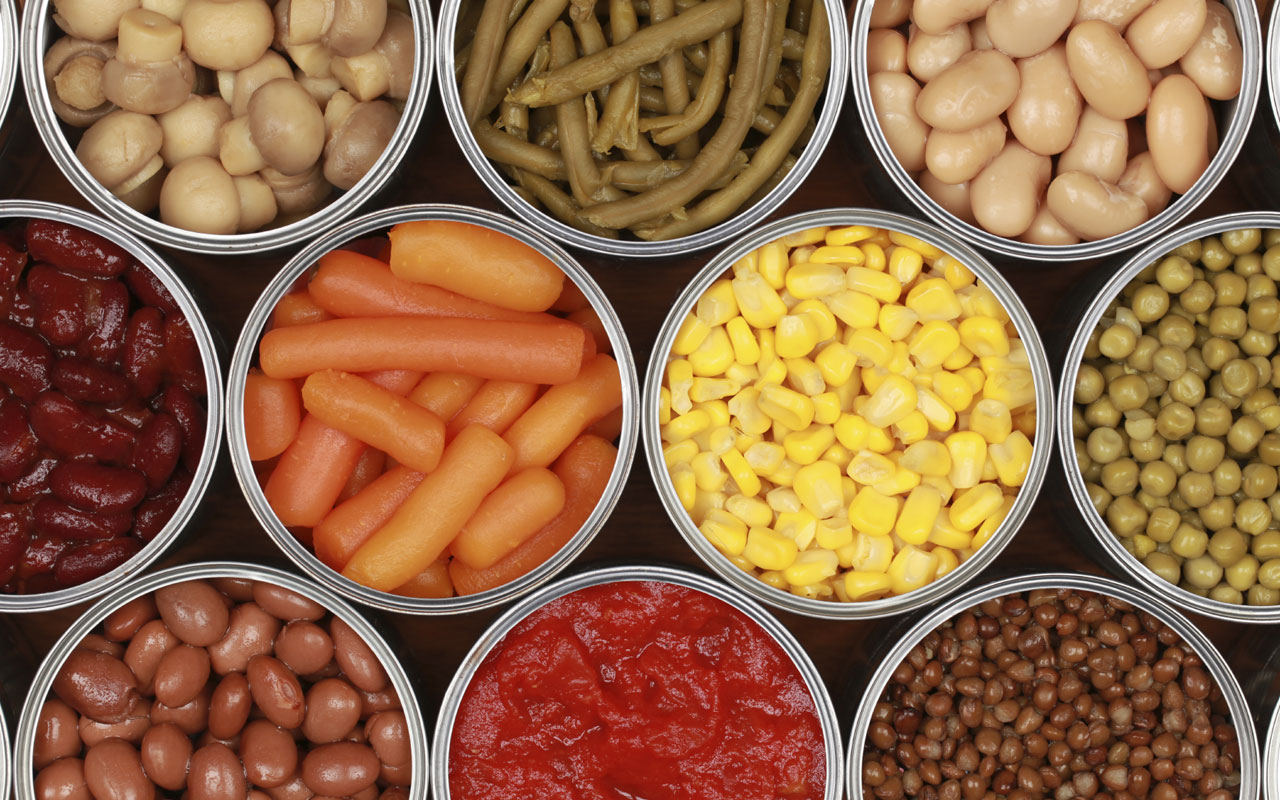
Canned Vegetables
Don’t assume that the larger, 28-ounce cans of vegetables are always cheapest, says Teri Gault, CEO and founder of TheGroceryGame.com, a grocery savings Web site. When supermarkets have sales on canned goods, they typically mark down the smaller cans, she says. That means the 14.5-ounce cans of the same brand will often be on sale for less per ounce. For example, 14.5-ounce cans of tomatoes frequently go on sale for 79 cents. You can buy two smaller cans (29 ounces total) for $1.58, much less than the average price of $2.19 for a large, 28-ounce can, she says.
And don’t think you’ll score savings by buying supersize cans at a warehouse club. You’ll pay 20% to 40% less per unit on canned goods when they’re on sale at the supermarket, Gault says.

Cereal
You don’t need to buy in bulk to get the best deal on cereal. Just stock up whenever it’s on sale at the supermarket. The sale price for cereal is often less per ounce on smaller boxes at supermarkets, Gault says. For example, a large, 30-ounce box of Kashi Organic cereal usually costs $3 more than two smaller 16.3-ounce boxes (32.6 ounces total) on sale at the supermarket, she says.
Buying granola in bulk won’t save you money, either. For example, bulk granola at Whole Foods can range from $3.99 per pound for conventional to $5.99 per pound for organic, says Lauren Ward, a research analyst for CreditDonkey.com, a personal finance Web site. That’s about 37 cents per ounce for organic. However, she says a 17-ounce box of organic Cascadian Farms granola cereal costs $3.04 at Target, or about 18 cents per ounce – half the price of Whole Foods’ bulk-bin organic granola.
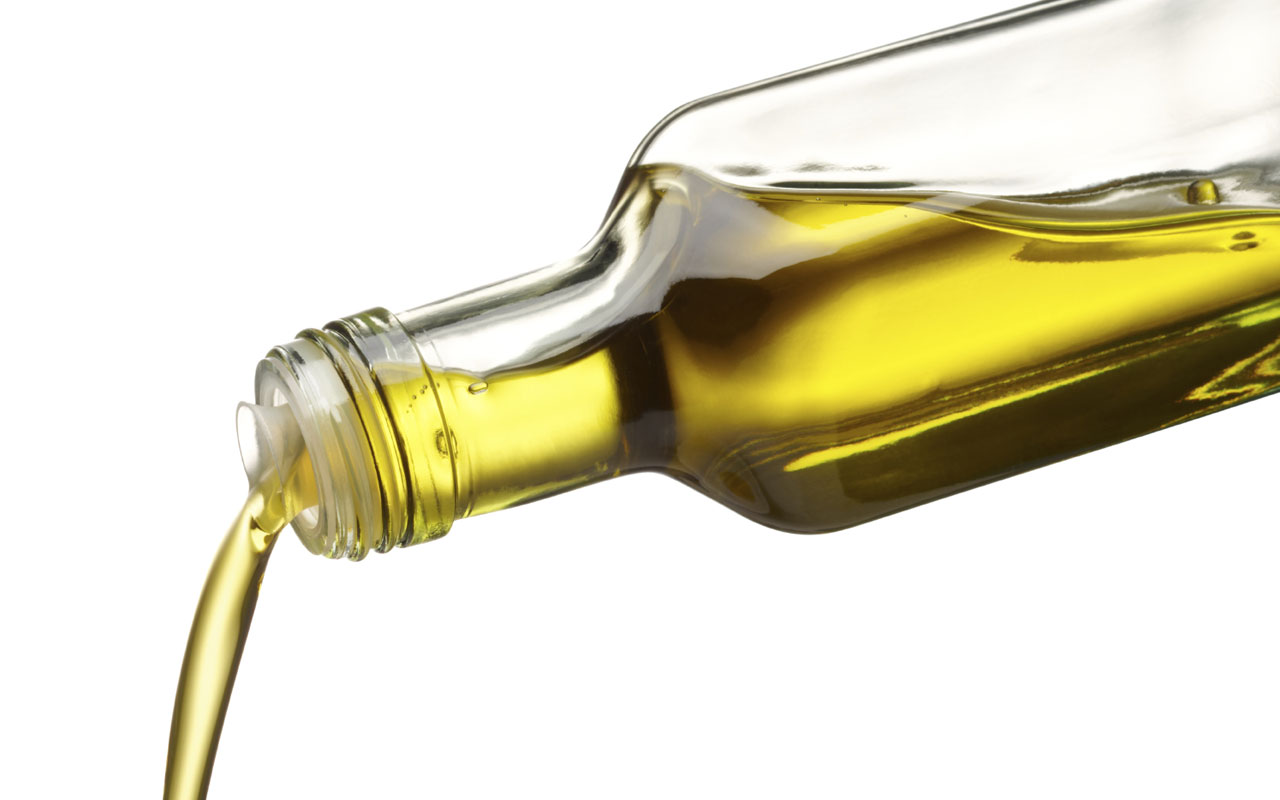
Cooking Oil
Cooking oil might seem like a great bulk buy, but it has a shelf life of six months, says Trae Bodge, senior editor of money-saving site RetailMeNot. Unless you’re frying food daily, you might not be able to go through a gallon of vegetable oil before it goes bad.
Plus, the bigger bottle isn’t always cheaper. For example, the 1-gallon (128-ounce) bottle of Walmart’s Great Value brand vegetable oil costs the same per ounce as the 48-ounce bottle, so there’s no financial incentive to go with the larger size.
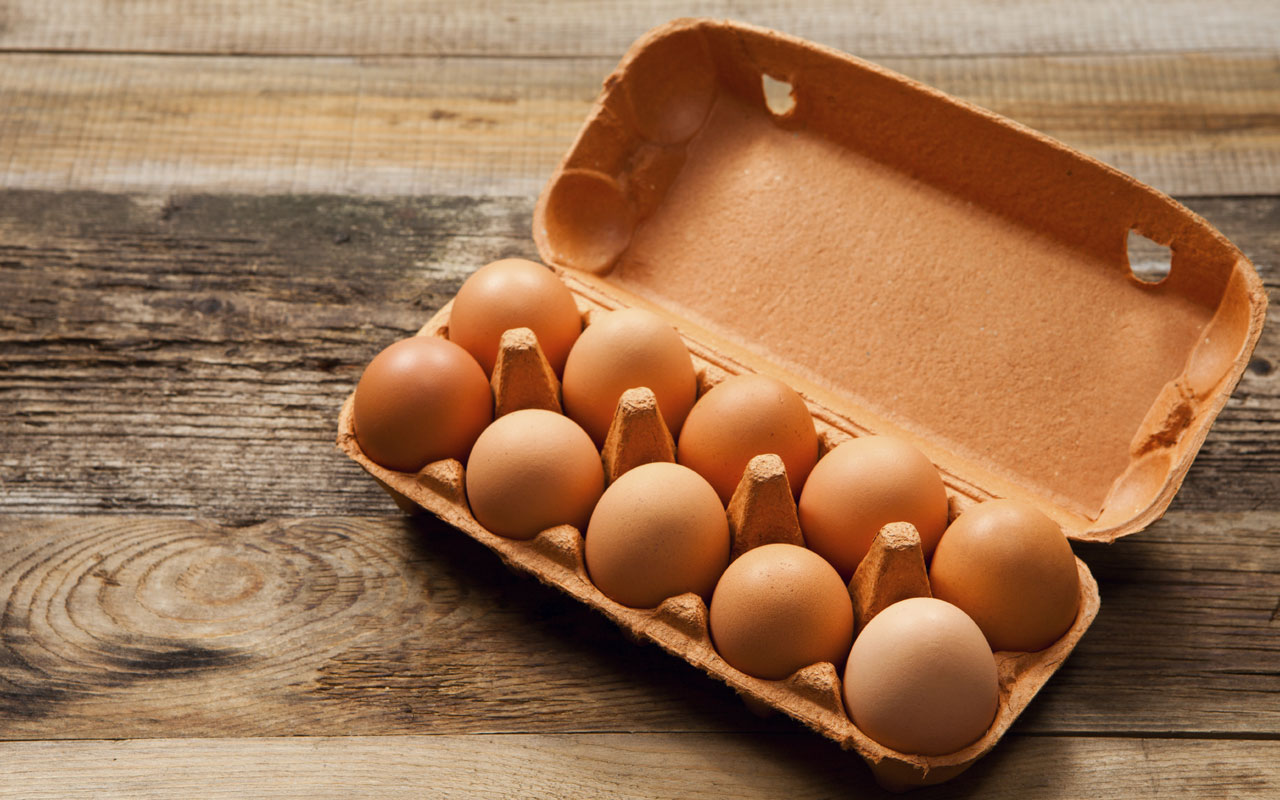
Eggs
You’ve probably heard the expression “cheaper by the dozen,” which of course means things cost less if you buy more. When it comes to eggs, a package of a dozen actually is cheaper – cheaper, that is, than the bigger packages sold at warehouse clubs. Andrew Schrage, co-owner of the Money Crashers finance blog, calculates that eggs at the supermarket tend to cost about 50 cents less per dozen than at a warehouse club.
Plus, considering eggs are good for only three to five weeks, according to federal guidelines on food safety, you’d have to eat one to two eggs per day to safely finish off a 36-pack from a warehouse club.
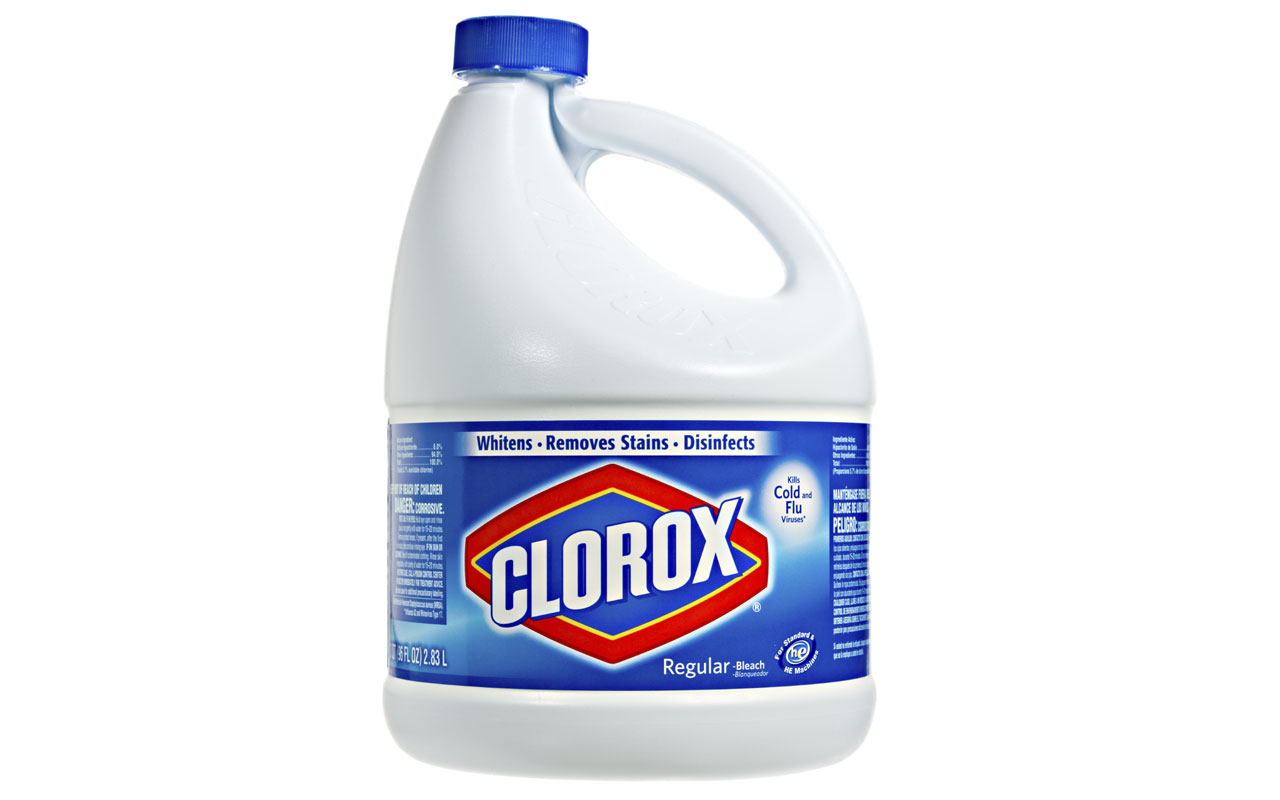
Liquid Bleach
Liquid bleach has a shelf life of about six months once you bring it home from the store, says Kendal Perez, savings expert at Coupon Sherpa, a couponing Web site. After that, its effectiveness naturally degrades. So if you don’t use a lot of bleach, opt for smaller bottles of low-cost generic brands or store brands from the supermarket over bulk-size name-brand bleach.
Powdered cleaning products, on the other hand, can have an unlimited shelf life if stored properly, says Bodge of RetailMeNot. So buying the supersize box at the warehouse club can make financial sense. Just be sure to keep it in a cool, dry location. The dollar store is also a great place to purchase detergent and other cleaning supplies, and dollar-store brands are as effective as name brands, even though they cost less, according to the Good Housekeeping Research Institute.

Paper Goods
A giant pack of toilet paper seems like a good deal at the warehouse club. But if saving the most money is your goal, you're better off stocking up on toilet paper, paper towels and similar products during sales at the supermarket, Perez says. For example, a 30-roll pack of Charmin Ultra Soft toilet paper costs $19.98 at Sam’s Club, or about 67 cents per roll. However, 12-roll packages of the same Charmin toilet paper recently were on sale at a Kroger we checked for $5.99, or about 50 cents per roll. That’s a per-roll savings of 25% at the supermarket.
If you redeem manufacturers' coupons on top of the sale price, you’ll pay even less per roll at the supermarket, Perez says. Many warehouse clubs including Costco don't accept manufacturers' coupons
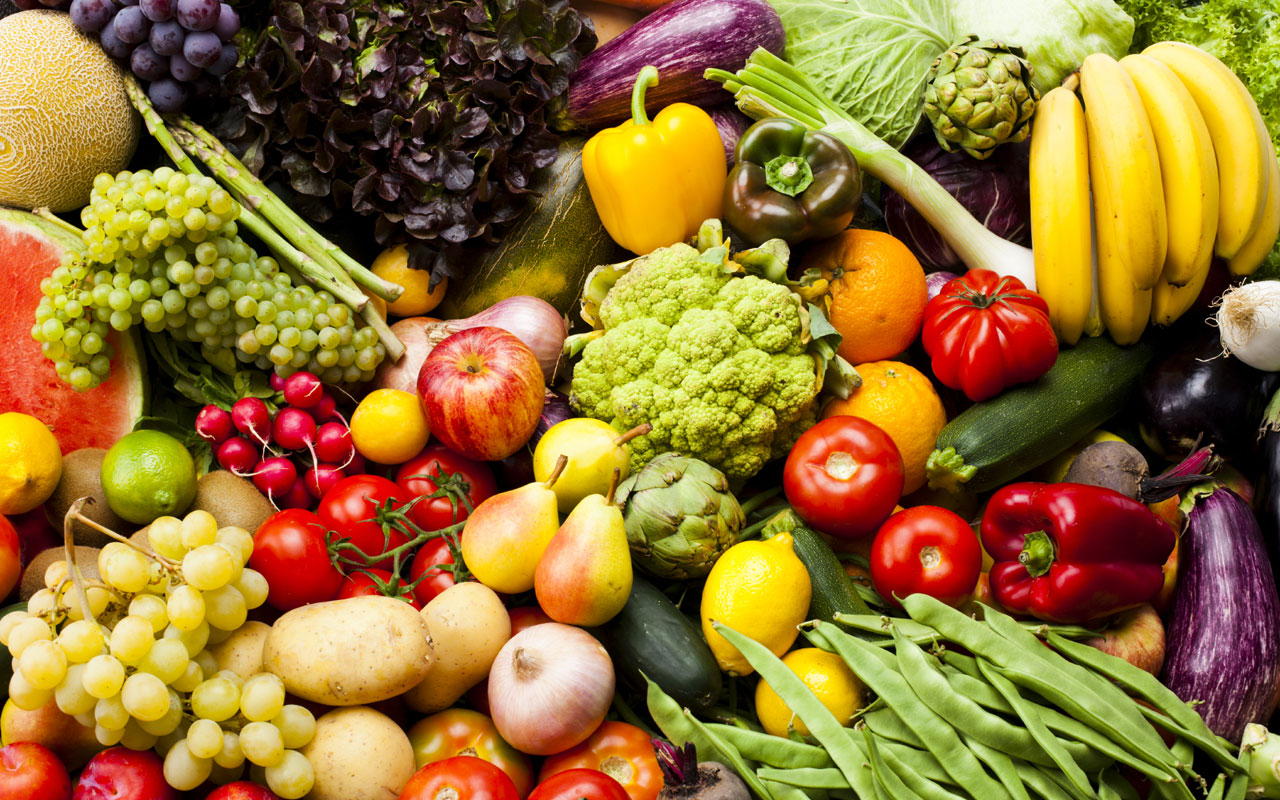
Produce
The obvious reason that buying produce in bulk is a bad idea is that it will likely go bad before you can eat all of it.
But there’s another reason: You don’t always get a discount for buying more. Citrus, onions and bell peppers, in particular, are more expensive per pound by the bag than individually, says Gault of TheGroceryGame.com. For example, loose red onions often go on sale for 99 cents per pound, while the three-pound bag is $3.49, on average, she says. Plus, prices on produce tend to be static at warehouse clubs, whereas prices drop noticeably at the supermarket when fruits and vegetables are in season.

Skincare Products
Some skincare products, such as face cream, lose effectiveness within three to six months, Bodge says. What’s more, the risk of contamination increases the longer a container has been open and the more times you dip your fingers into it, according to Good Housekeeping. So although a 32-ounce tub of your favorite night cream might seem like a good deal, that’s a lot of cream for one person to get through (and keep germ-free) over three to six months. Stick with a smaller size that you will be sure to use up relatively quickly to avoid waste.
Only buy beauty or personal hygiene products, such as body lotion, in bulk when you know you or your family members will go through them quickly, says Bodge.
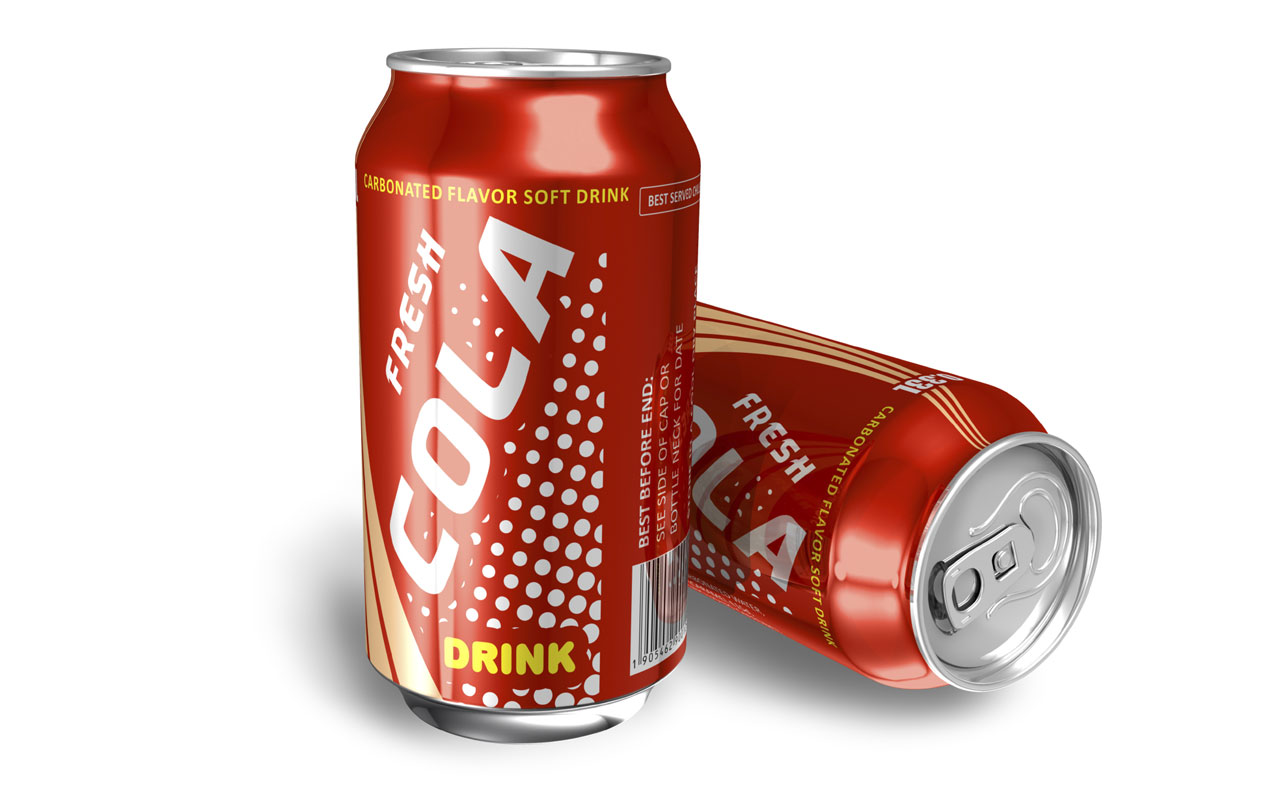
Soda
Many supermarkets use soda as a so-called loss leader, which is a product that’s sold below cost to draw people into the store. The presumption is that the loss on the soda sale will be more than made up for by shoppers’ other purchases. So it doesn’t make financial sense to buy soda in bulk at a warehouse club, when you can frequently find it deeply discounted at the grocery store. Schrage of Money Crashers says he can get soda when it’s on sale at the supermarket for about 40% less than what he’d pay at a warehouse club.
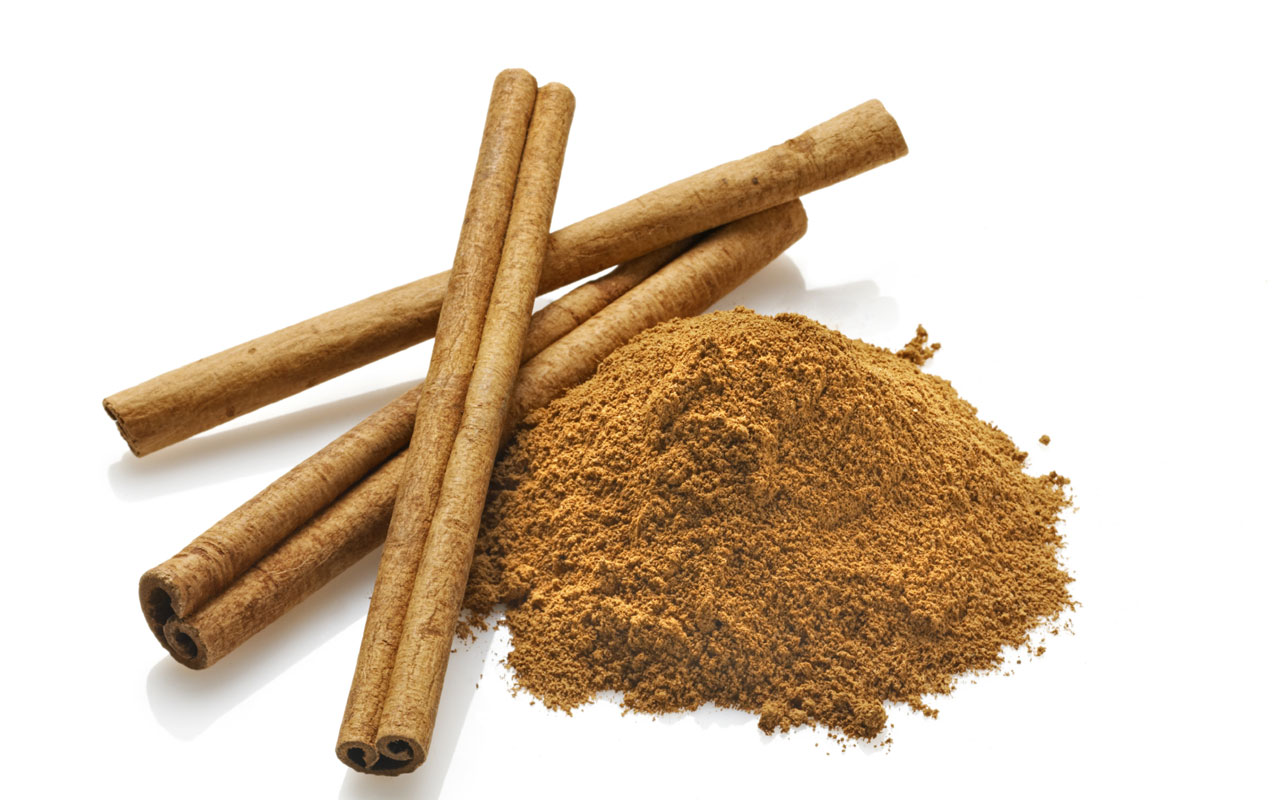
Spices
After about a year, spices lose flavor, Bodge says. So that 16-ounce container of cumin that looked like a bargain on the shelf in the warehouse club might not seem like such a good deal when it’s still sitting on your shelf 12 months later. Spice maker McCormick, which lists best-by dates on its products, puts the shelf life at a more generous one to three years for dried herbs and three to four years for ground spices, but only if they’re stored properly. Keeping spices above the stove, for example, is a no-no due to the detrimental effects of heat and moisture, and the proper place for red-pepper spices, such as paprika and chili powder, is the fridge rather than a cabinet to retain color and freshness.
Save yourself the hassle – not to mention some money – by picking up smaller containers of spices for just a buck apiece at the dollar store. The price is right, and you’ll be more likely to use up smaller containers before they expire.
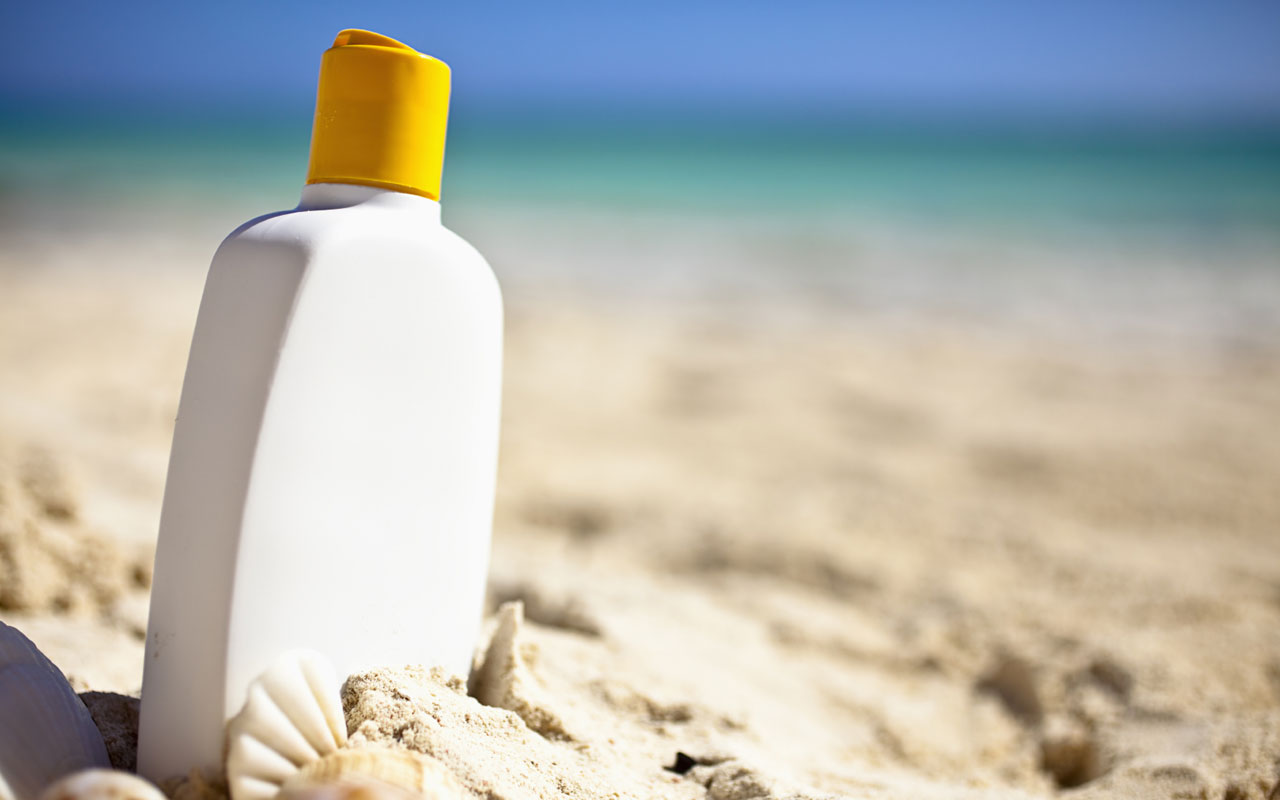
Sunscreen
Sunscreen has a shelf life of about three years. Look for expiration dates on containers. However, sunscreen loses its effectiveness after being exposed to high temperatures – say, at the beach, by the pool or in your glove compartment – because heat breaks down the active ingredients. So unless you store your sunscreen under ideal conditions, be wary of purchasing oversize containers that you carry over from year to year.
Luckily for your skin and your wallet, you don’t need to buy your sun protection in bulk to get the best price. According to Schrage, you usually can find sunscreen at a drugstore for 10% to 15% less than at a warehouse club.
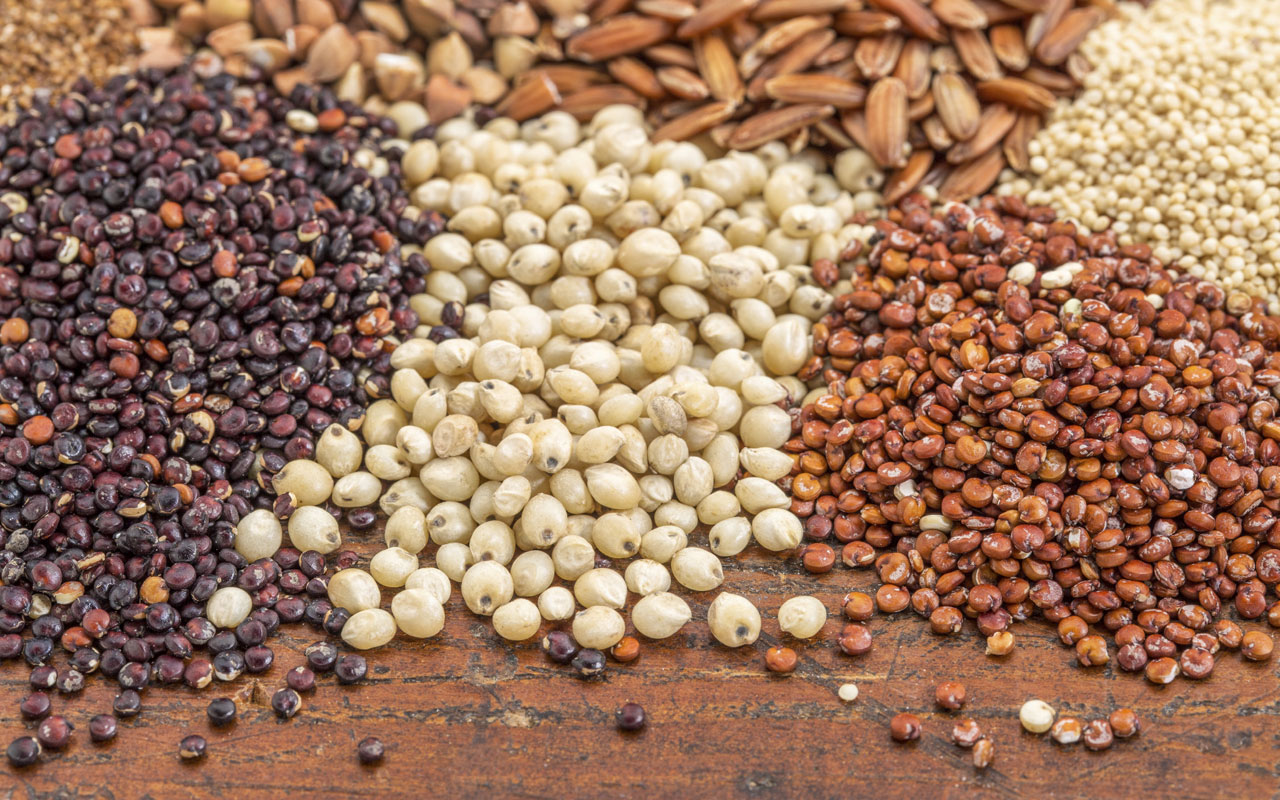
Whole Grains and Brown Rice
Even when stored in an airtight container in a cool, dry place, whole grains have a shelf life of just two to three months, according to Good Housekeeping. Brown rice is only good for up to six months before going rancid. “Are you going to get through that ‘bazillion’ pound bag by then?” asks Bodge. Probably not. Stick to smaller bags that you’ll be sure to use up with time to spare.
White rice, on the other hand, can be stored indefinitely, so investing in a 25-pound bag to get a better per-unit price makes financial sense – as long as you have enough room in the pantry for it.
Profit and prosper with the best of Kiplinger's advice on investing, taxes, retirement, personal finance and much more. Delivered daily. Enter your email in the box and click Sign Me Up.

Award-winning journalist, speaker, family finance expert, and author of Mom and Dad, We Need to Talk.
Cameron Huddleston wrote the daily "Kip Tips" column for Kiplinger.com. She joined Kiplinger in 2001 after graduating from American University with an MA in economic journalism.
-
 Dow Leads in Mixed Session on Amgen Earnings: Stock Market Today
Dow Leads in Mixed Session on Amgen Earnings: Stock Market TodayThe rest of Wall Street struggled as Advanced Micro Devices earnings caused a chip-stock sell-off.
-
 How to Watch the 2026 Winter Olympics Without Overpaying
How to Watch the 2026 Winter Olympics Without OverpayingHere’s how to stream the 2026 Winter Olympics live, including low-cost viewing options, Peacock access and ways to catch your favorite athletes and events from anywhere.
-
 Here’s How to Stream the Super Bowl for Less
Here’s How to Stream the Super Bowl for LessWe'll show you the least expensive ways to stream football's biggest event.
-
 Costco Gold Bars Keep Selling Out. Are They a Smart Investment?
Costco Gold Bars Keep Selling Out. Are They a Smart Investment?How Costco's bullion program works, how to get the best deal and whether it makes sense for investors.
-
 21 Last-Minute Gifts for Grandparents Day 2025 to Give Right Now
21 Last-Minute Gifts for Grandparents Day 2025 to Give Right NowHoliday Tips Last-minute gifting is never easy. But here are some ideas to celebrate Grandparents Day.
-
 Texas Sales Tax-Free Weekend 2025
Texas Sales Tax-Free Weekend 2025Tax Holiday Here's what you needed to know about the Texas sales tax holiday.
-
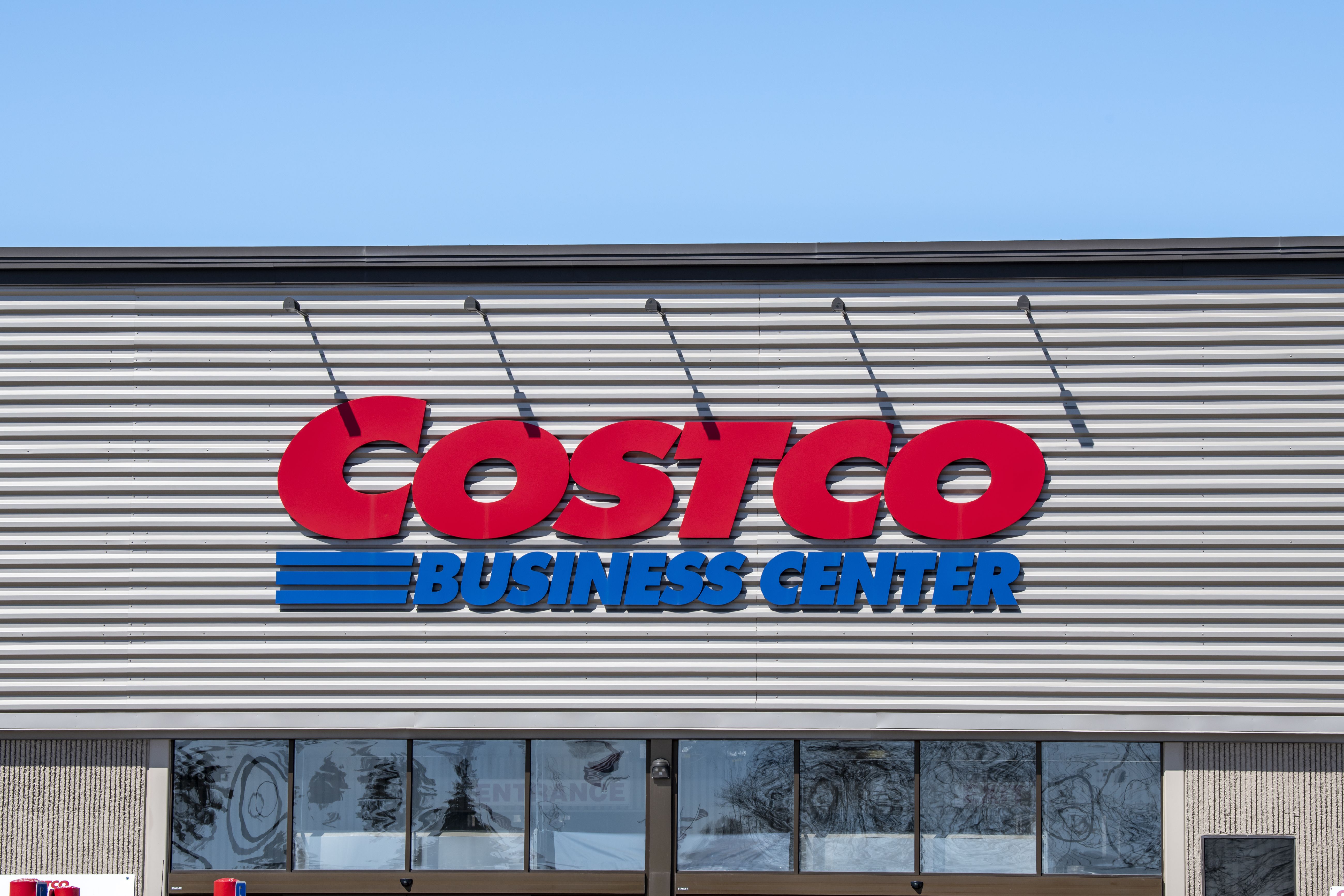 I Live Next to a Costco Business Center. Here Are 5 Things You Won't Find at a Costco Wholesale
I Live Next to a Costco Business Center. Here Are 5 Things You Won't Find at a Costco WholesaleYou don't need to own a business to shop at a Costco Business Center. Here are five reasons to visit the one near you.
-
 Alabama Tax-Free Weekend 2025
Alabama Tax-Free Weekend 2025Tax Holiday Here’s everything you need to know about the 2025 back-to-school Alabama sales tax holiday.
-
 What to Do With Your Tax Refund: 6 Ways to Bring Growth
What to Do With Your Tax Refund: 6 Ways to Bring GrowthUse your 2024 tax refund to boost short-term or long-term financial goals by putting it in one of these six places.
-
 What Does Medicare Not Cover? Eight Things You Should Know
What Does Medicare Not Cover? Eight Things You Should KnowMedicare Part A and Part B leave gaps in your healthcare coverage. But Medicare Advantage has problems, too.
-
 15 Reasons You'll Regret an RV in Retirement
15 Reasons You'll Regret an RV in RetirementMaking Your Money Last Here's why you might regret an RV in retirement. RV-savvy retirees talk about the downsides of spending retirement in a motorhome, travel trailer, fifth wheel, or other recreational vehicle.
